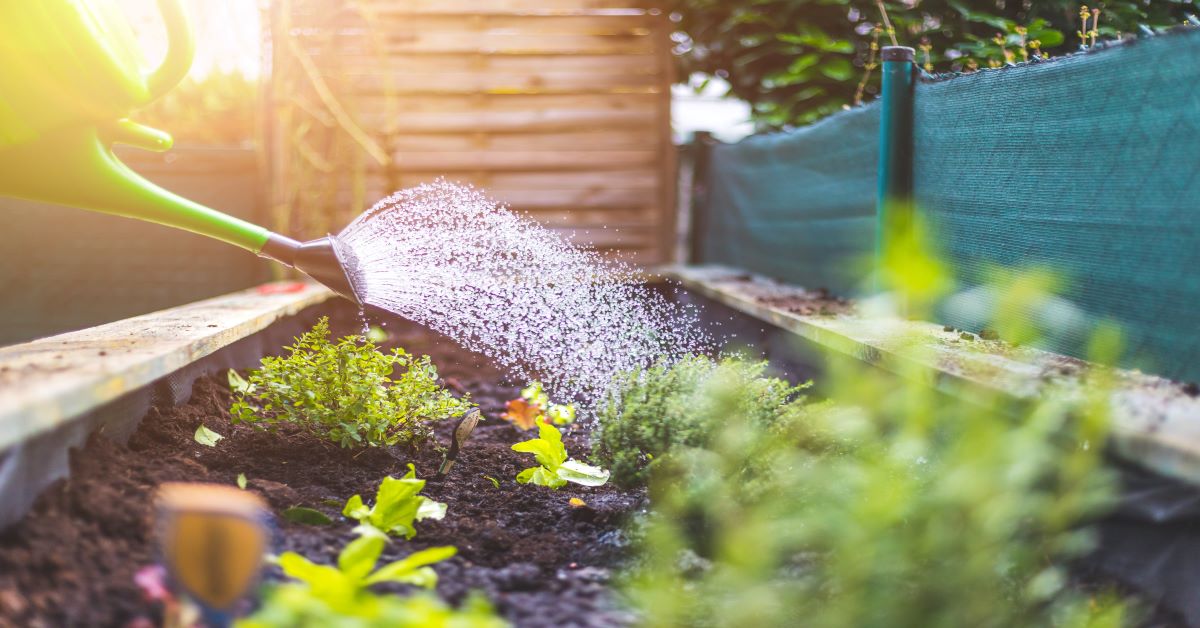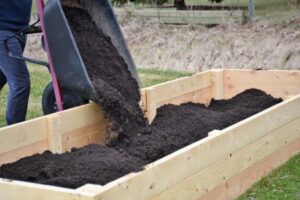How To Work Smarter When You Start A Do-It-Yourself Project

Do-it-yourself projects are a great way to save money and get the job done right. No matter what your project is, there is always more than one decision you have to make. For example, if you’re planning to build gardening beds for the upcoming gardening season, you’re going to need to make sure you have the proper building materials that are necessary for your project. It can be tough to know which decisions will help you achieve your goal in the best way possible. Not to worry! Here are tips and tricks to help you work smarter as you start on your next do-it-yourself project!
Review the project’s materials list and make sure you have everything before starting
Before you get started on any part of your do-it-yourself projects, make sure all the materials needed are prepped and ready! You want everything close at hand so there won’t be any time wasted running back and forth looking for something or getting frustrated with yourself because you can’t find it right away. This also goes for tools; if necessary, set up tool stations as well – one station may include drill bits, another nails/screws, and so on.
Leave yourself plenty of time to complete the project!
If you feel like your project might be too much for one day, break it up into smaller pieces over a span of a couple of days or weeks – that way, your motivation stays high, and you won’t get burned out or lose focus. If anything unexpected comes up during the process, don’t be afraid to take a step back from what you’re doing at the moment. These are called “interruptions” because they disrupt your workflow but often end up being just as important as the task you were working on in the first place! Sometimes when things go wrong with an appliance, such as a toilet that overflows, it can be more important than building your new garden bed. Always prioritize safety and cleanliness over anything else.
Know where you are going before you start!
It can be tempting to jump right into the project without knowing what needs to happen first, but it is more likely that your tasks will go much smoother if you have a plan in mind and know how things should look when they’re finished. You’ll also get better satisfaction from finishing your project and get a more significant satisfactory feeling of accomplishment after all the hours of hard work you put into your project! So take some time at the beginning of projects to visualize what it’s supposed to look like when it’s complete; use drawings/plans as guides (if available) or create them yourself with something like pen & paper.
Label your supplies, so you don’t spend time searching for them later when they are needed
You won’t have to waste time digging through your supplies looking for the correct item because it will be easy to find and quick to grab. You’ll also know exactly what is in each box, so there’s less of a chance that something goes missing. Label items large enough to be readable from far away, like on top shelves or drawer fronts. This way, you can easily see them without having to search blindly among all the other tools/supplies.
Use a checklist to keep track of all the steps in the project
If you have a checklist that keeps track of all the steps in your do-it-yourself undertaking, it’ll be easier to stay focused on the task at hand and not get distracted (which can happen when we try to multitask). Make sure every step is written out clearly, so there’s no question about what needs to be done next; this way, everything will go smoothly and quickly. If something does come up during the process – like an interruption or another unexpected problem that pops up from nowhere – use your list as a guide for how many tasks have been completed and where you left off before putting away tools until tomorrow!

Take breaks often to avoid fatigue or injury from working too long without rest
This is one of the essential safety tips because it can lead to accidents with serious or fatal outcomes when we become fatigued and lose focus. It’s easy for the mind and body to give out after being on a task for too long without any breaks; this will cause us stress and make it more challenging to complete the essential tasks at hand. This also increases our frustration level! So try breaking up your tasks into smaller chunks, so you’re working less time each day (or even an hour) with some rest in between.
Don’t be afraid to ask for help if something isn’t going as planned
If you’re unsure or don’t have the skills to complete a step in the work schedule, try asking for help! There are plenty of people out there who love giving advice and answering questions. In some cases, they may even know precisely what needs to happen next because they’ve been through it before or had experience with something similar. If this comes up after hours (such as at night), most stores will have someone available 24/hrs that can answer your question(s).
Conclusion
So, now you know how to work effectively when doing a DIY project. We hope that our tips and tricks will help you save time, money, energy, and frustration in your next home improvement endeavor! If this article has been helpful and you’re thinking of starting your construction schedule, don’t hesitate to contact us today if you have questions about your upcoming project and building materials!
FAQ
How do I start working smarter?
It’s hard to know where and how even to begin. The best thing you can do is write down a list of what needs to be done on the project, then break it into steps so that they are straightforward for you or someone else (if there will be other people helping) to follow.
Can I work on a DIY project over time?
Yes! The key to working smarter, not harder, is breaking up your project into smaller chunks, so you’re only working for an hour or two with some breaks in between. Using these strategies allows you to be less stressed, maintain focus, save energy, and have less risk of injury from fatigue.
How can I work faster and smarter?
There is nothing wrong with seeking advice whenever you’re unsure of a step in your DIY project. The internet is an excellent place to start; you can find multiple forums of DIY enthusiasts discussing tasks like the one you’re working on any time you log in.



